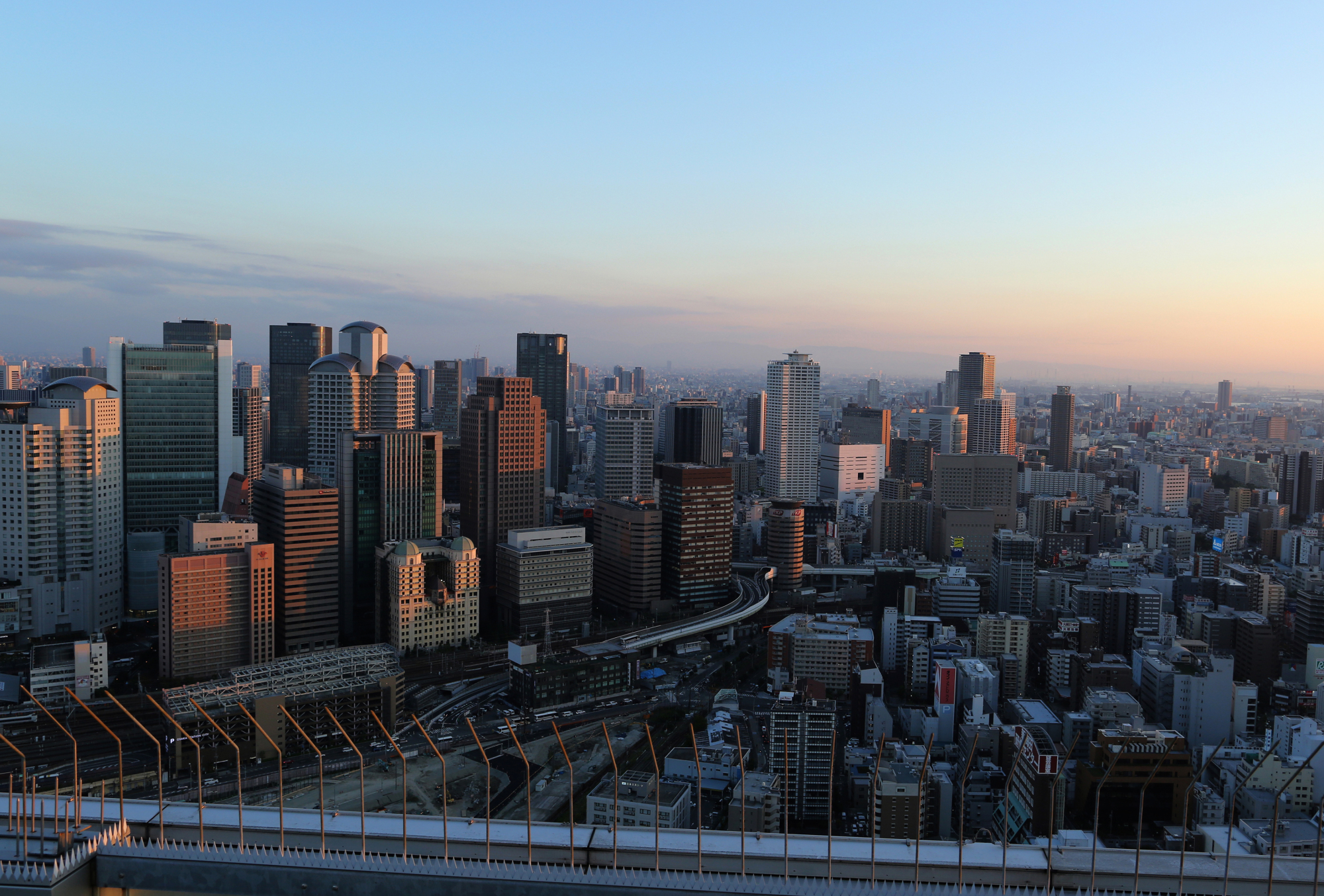The news last week that Prime Minister Shinzo Abe's government is preparing to admit up to 345,000 foreign workers by 2023 has been met with a combination of hope they will help prop up agricultural, manufacturing and service sectors that are struggling to find workers, and concern that Abe has rushed through an immigration policy that will create massive social problems.
This mixture of hope and fear is clear in the Kansai business world. The Kansai Economic Federation and the Osaka Chamber of Commerce, after long insisting it was "too soon" and the climate was "not right" to talk about more foreign workers, finally began earnest public discussions a few years ago. But their talks focused on more high-skilled foreign workers whose knowledge would benefit large corporations involved in critical industries or small businesses producing innovative technologies.
Give us your strong, your wealthy, your educated, your prosperous middle or upper middle class masses, yearning to start, but not finish, their careers in Kansai. That sounded like the unspoken message. Nobody seemed willing to talk about bringing in "lower skilled" construction workers, farmers, and service industry employees.



